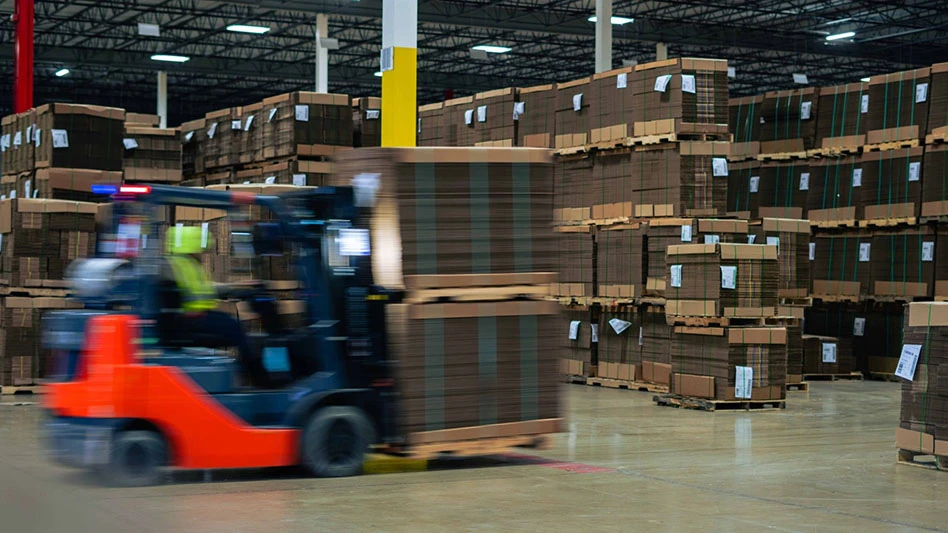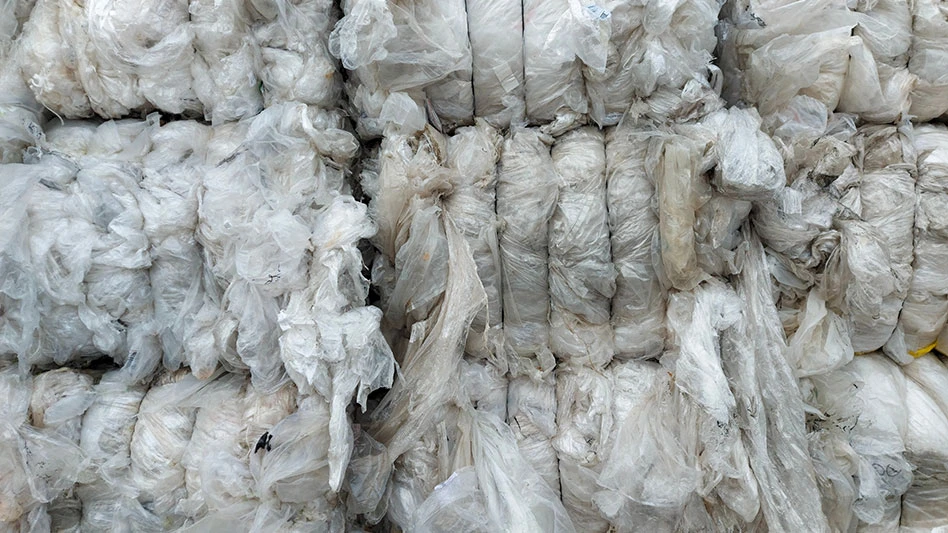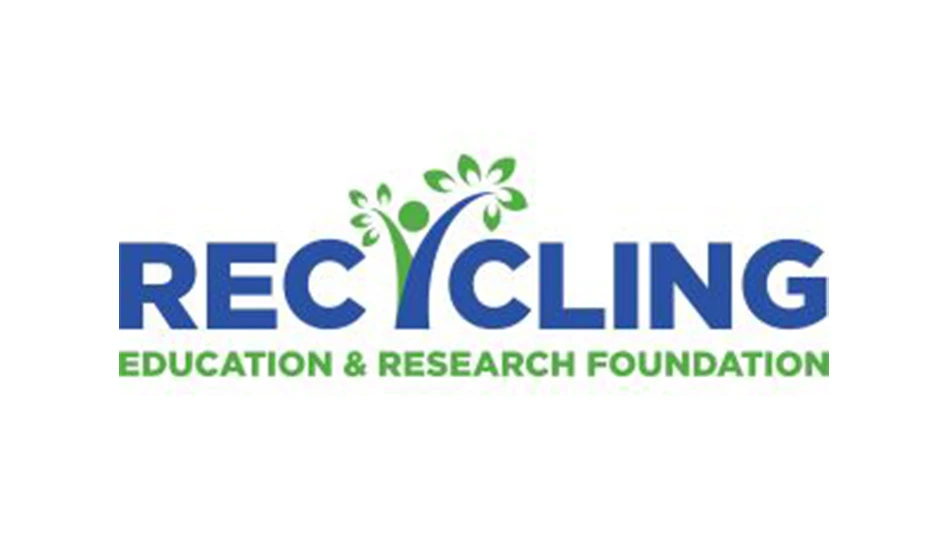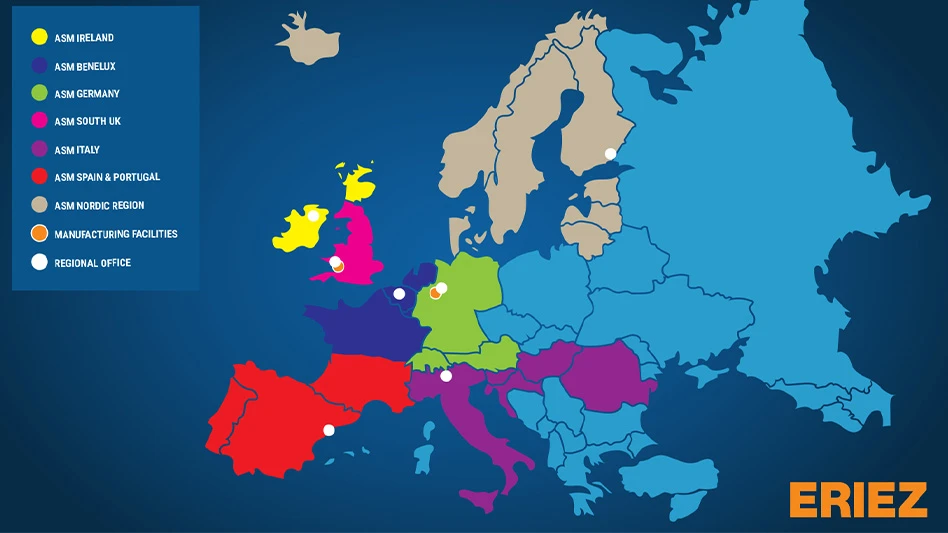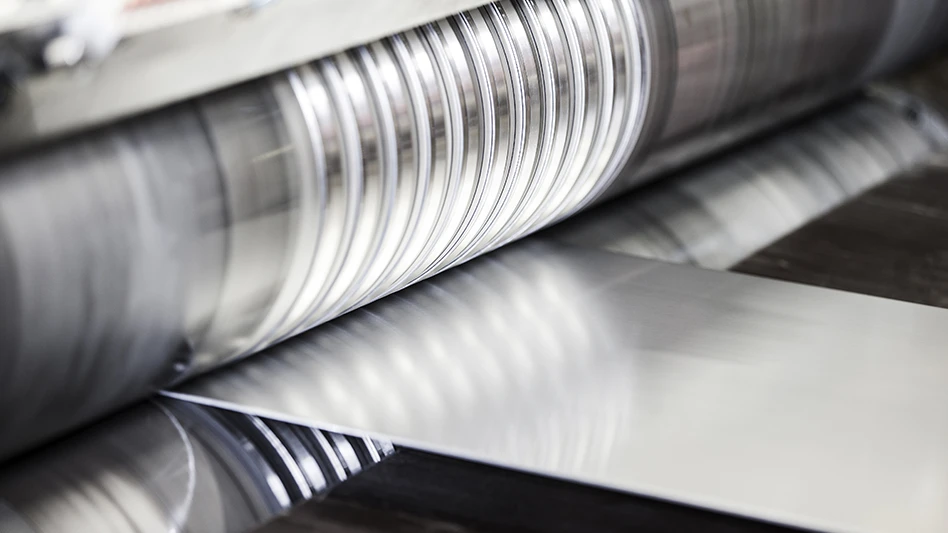James Cropper, a U.K.-based paper producer, has unveiled a new technology for recycling disposable coffee cups made of from 90 to 95 percent high-strength paper and 5 percent polyethylene coating. According to the company, the plastic content in coffee cups has made them unsuitable for use in papermaking; however, new technology from James Cropper will allow companies to separate the plastics from the cups, leaving paper pulp that can be recycled into high-quality paper.
James Cropper is opening a £5 million recycling facility at its production mill in Kendal, Cumbria, U.K., that will employ the technology.
In addition to recycling the paper from the cups, James Cropper’s process also allows the plastic coating to be recycled. According to James Cropper, the recycling process involves softening the cups in a warm solution and separating the plastic coating from the fiber. The plastic is skimmed off, pulverized and recycled, leaving water and pulp. Impurities are filtered out, leaving high-grade pulp suitable for use in luxury papers and packaging materials, the company says.
In a news release, Mark Cropper, chairman of James Cropper, says, “Cup waste is a rich source of high-grade pulp fiber; but, until now the plastic content made this product a contaminant in paper recycling. Our technology changes that and also addresses a major environmental waste problem and accompanying legislation.”
Phil Wild, CEO of James Cropper, says, “This is the latest in a long history of innovation that has kept James Cropper ahead of the game for nearly 170 years and six generations. We were one of the world’s first producers of colored papers, today the preferred choice for packaging of numerous global luxury brands from fashion houses and champagne producers, such as Krug, to smartphone giants and department stores like Selfridges. We were also a pioneer in the production of paperlike nonwoven materials from carbon and other fibers.”
Wild says the new technology will help James Cropper’s international expansion plans and shield it from fluctuations in pulp prices. The company has two plants in Great Britain and a location in Schenectady, N.Y.
Latest from Recycling Today
- CalRecycle opens comment period on proposed SB 54 revisions
- 2026 Circular Steel Summit: Taking stock of tariffs
- CDRA Conference & Tradeshow 2026: Addressing battery fire risks
- Darda equipment now available in North America
- Struktol's ZB 47 and ZB 49 improve processability in rubber compounds
- Volatility wave hits copper pricing
- ArcelorMittal legal battle with Italy continues
- Altor program boosts EPS recycling
